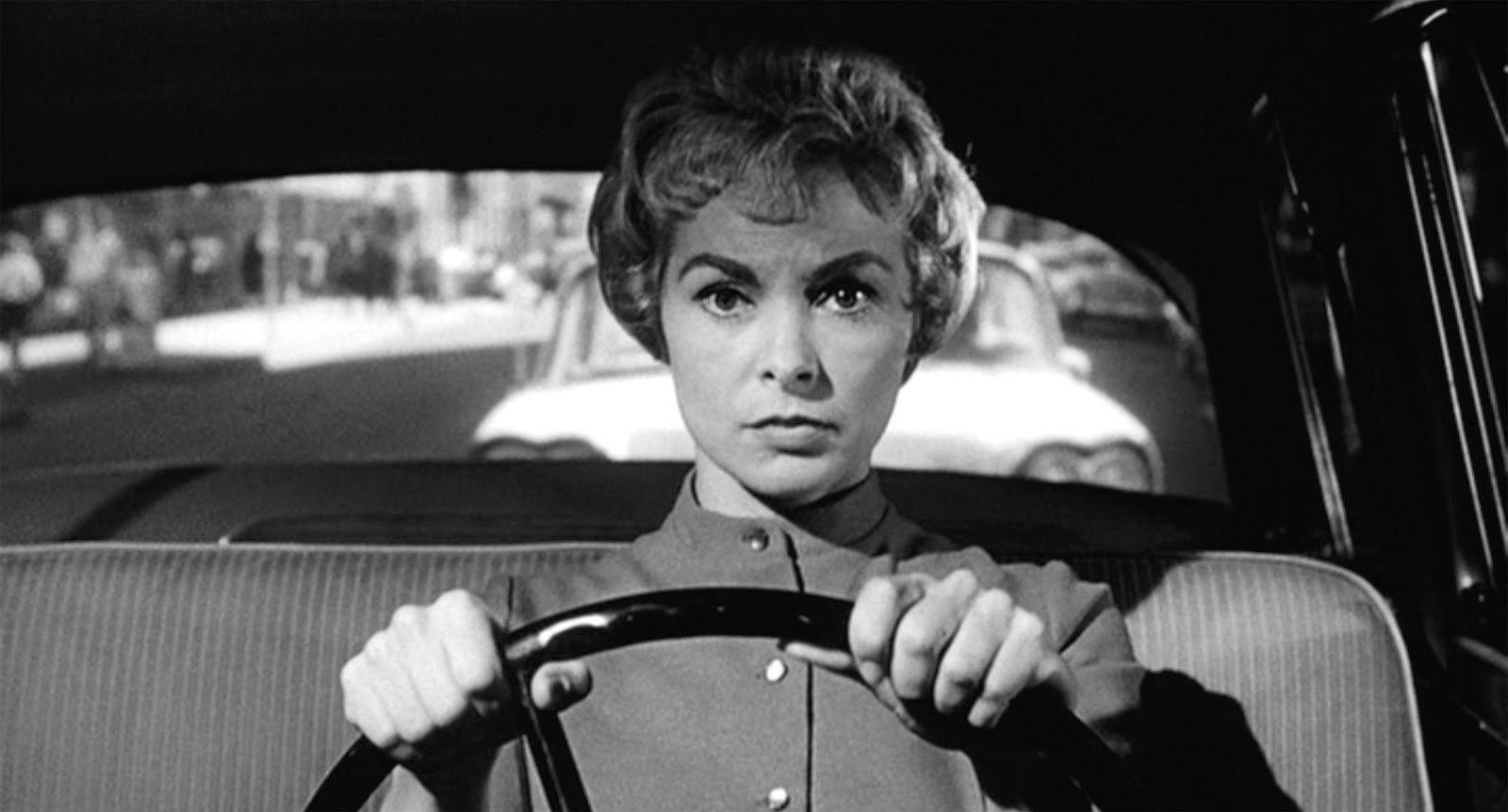In this course we explore film as a capacity to depict action. In so doing we develop terms by which we can recognize the emergence of film as an event in the history of thought and perception. Our method will be two-fold: we will look at examples from the history of American film to identify certain historical dispositions—early actualities, movies, animation, gangster movies, and so on. Equally we will bring out one particular aspect of film: its power for physiognomic revelation: that is to say, its capacity to reveal human character through the depiction of bodies in action. In so doing we will contrast film with another mode of psychological understanding: psychoanalysis. We will read texts by Plato, Diderot, Lessing, Baudelaire, Freud, Bazin, Cavell, Warshow, Bergson, and others. We will watch movies by the Lumière brothers, Griffith, Keaton, Hawks, Capra, Astaire, Sturges, Lubitsch, Hitchcock, Scorsese, Tarantino, Riley, Haynes, Burnett, and others.

- Teacher: Daniel Wack